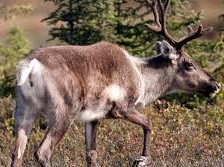
“We do not believe the selected alternative in the Record of Decision is sustainable for Porcupine caribou. We remain committed to co-operatively managing the herd and its habitat within Canada to ensure the conservation of the herd, in particular for providing for ongoing cultural and subsistence needs.”
Partners to the Canadian Porcupine Caribou Management Agreement gathered on September 3, 2020, to respond to the Record of Decision on oil and gas leasing in the Arctic National Wildlife Refuge (ANWR) and reaffirm our commitment to conserving the Porcupine caribou herd and its habitat.
Together, the parties released this statement:
“We do not believe the selected alternative in the Record of Decision is sustainable for Porcupine caribou.
We remain committed to co-operatively managing the herd and its habitat within Canada to ensure the conservation of the herd, in particular for providing for ongoing cultural and subsistence needs.”
Quotes:
The Government of Yukon and our partners have consistently identified and demonstrated that development in the refuge has high risks of significant negative impacts to wildlife populations, particularly the Porcupine caribou herd. The Government of Yukon will continue to stand in solidarity with the Gwich’in People, advocating for the protection of the Porcupine caribou herd’s sacred and sensitive calving grounds on the Alaskan coastal plain.
Government of Yukon Minister of Environment Pauline Frost
The Gwich’in have lived in balance with the Porcupine Caribou herd since before any mark of modern history and, as expected, officials in the U.S. administration tasked with advancing destruction of the herd’s nursery recognized that it was in their best interest to discard that. The Record of Decision validates our experience of the erosion of integrity in assessments, process and respect: our Traditional Knowledge disrespected, our requests for consultation ignored, and our concerns disregarded. In finalizing the Oil and Gas leasing alternative, the U.S. administration violated our inherent and human rights, and the rights of all of the Indigenous users of the herd in Canada. But our rights cannot be discarded nor our voices silenced.
Chief Dana Tizya-Tramm, Vuntut Gwitchin First Nation
Porcupine Caribou are invaluable to the culture and subsistence of Indigenous Peoples and northerners. Maintaining the long-term success of the herd is critical to maintaining Indigenous people’s culture and right to traditional harvest. Our partnership approach to conserving Porcupine Caribou is our key strength for addressing our shared concerns with proposed development in the Arctic National Wildlife Refuge. I will continue to support our partners in their efforts while working with my cabinet colleagues on this important issue.
Minister of Environment and Climate Change Canada Jonathan Wilkinson
The Porcupine caribou herd has sustained Gwich'in and Inuvialuit people for thousands of years. While many other communities in the Northwest Territories suffer the hardships of declining caribou, the Porcupine remains one of the last great healthy migratory herds in the world. While the Government of the Northwest Territories supports a balanced approach to caribou conservation and economic development, our government is deeply concerned about the recent decision of the U.S. administration to open up all Porcupine caribou calving and post-calving lands to oil and gas development. The GNWT remains committed to working with our co-management partners to support the wise management of the Porcupine herd.
Government of the Northwest Territories Minister of Environment and Natural Resources Shane Thompson
The Gwich’in Tribal Council remains committed to protecting the sacred grounds of the Arctic National Wildlife Refuge (ANWR) in Alaska. We stand united with our allies against the irresponsible Record of Decision issued by the Trump Administration. The Porcupine Caribou are essential to the survival of both our people and our culture. We will not rest until the calving grounds of the Porcupine Caribou on the sacred Coastal Plain is permanently protected for future generations.
Gwich’in Tribal Council Grand Chief Ken Smith
The Inuvialuit have depended on the Porcupine Caribou for hundreds of years for food, cultural and social well-being. The important role of this caribou herd is reflected in the protections and conservation measures provided under the Inuvialuit Final Agreement. These include provisions for the implementation of the Porcupine Caribou Management Agreement (PCMA), the establishment of Ivvavik National Park and the conservation measures for the Yukon North Slope as means to cooperatively manage the herd and protect the Porcupine Caribou calving grounds and habitat that lay within the Inuvialuit Settlement Region.
The Inuvialuit Game Council is not against development but feels there needs to be a balance struck between economic gain and indigenous cultural and social well-being. The Council is troubled by regulatory decisions that do not take into account the potentially negative impacts that opening ANWR to oil and gas development may have on this herd, the habitat it relies on and the many indigenous groups that depend on it for their traditional practices. The Inuvialuit Game Council continues to work with the other Parties to ensure the persistence of this herd for future generations.
A/Chair for the Inuvialuit Game Council Jim Elias
The Porcupine caribou herd is an important part of the northern way of life and a valuable traditional food source for so many. It is through the respectful harvest of this herd that we express our First Nations culture and our subsistence rights. We stand with our partners in protecting ANWR against any activity that erodes the viability of the Porcupine caribou herd. Protecting ANWR, protecting the herd, and protecting our culture are one in the same.
Tr’ondëk Hwëch’in Chief Roberta Joseph
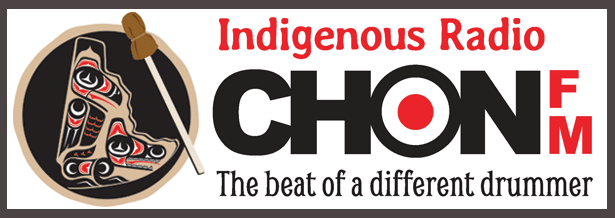


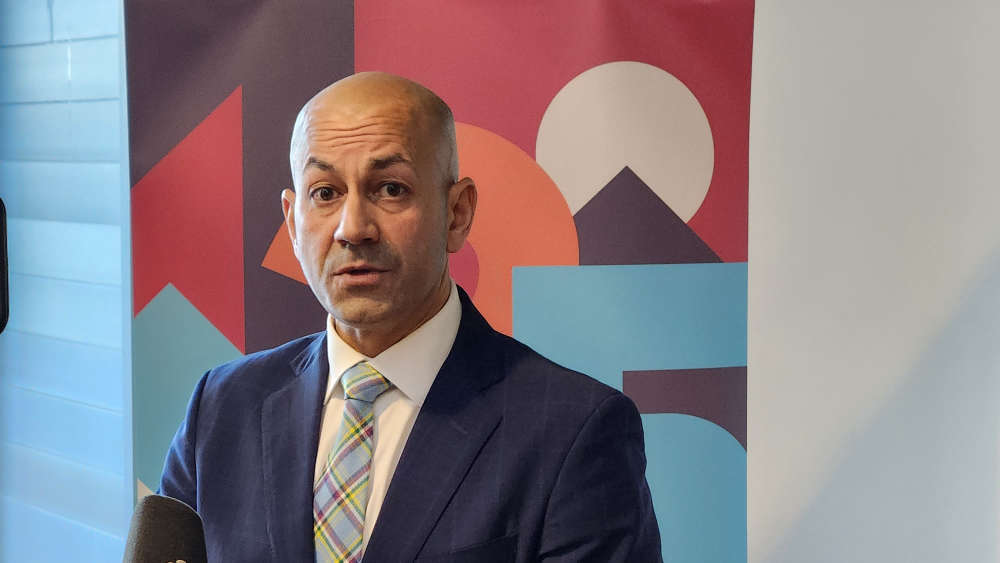 Elon Musk's empire feels the pinch: Yukon Government's counter-measures
Elon Musk's empire feels the pinch: Yukon Government's counter-measures
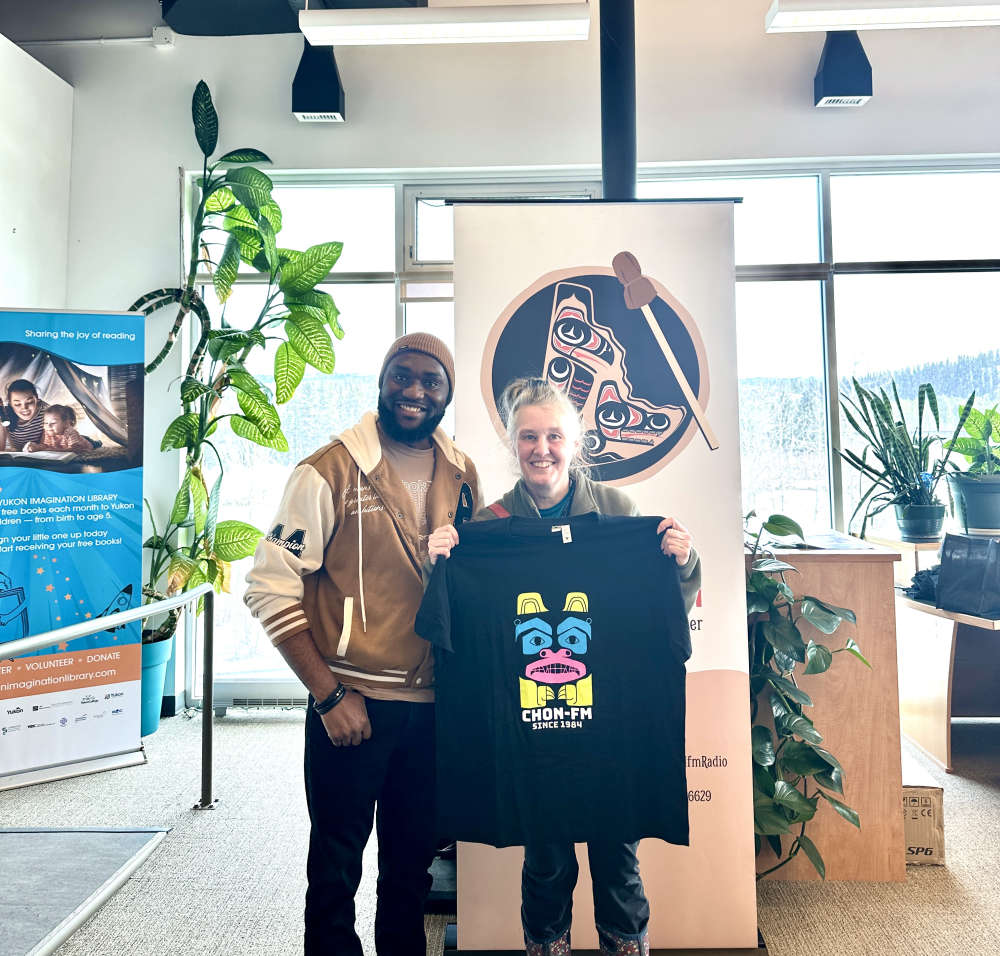 Six Yukon Artists selected as finalists for prestigious Visual Arts Prize
Six Yukon Artists selected as finalists for prestigious Visual Arts Prize
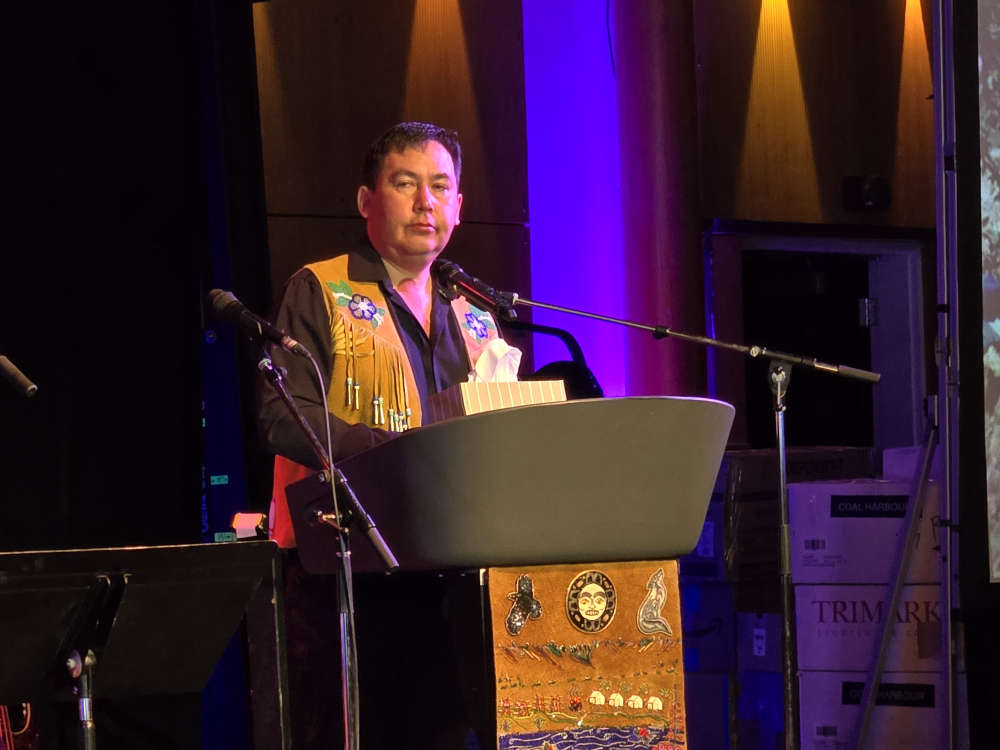 Kwanlin Dün First Nation celebrates 20th Anniversary of Final Agreement
Kwanlin Dün First Nation celebrates 20th Anniversary of Final Agreement
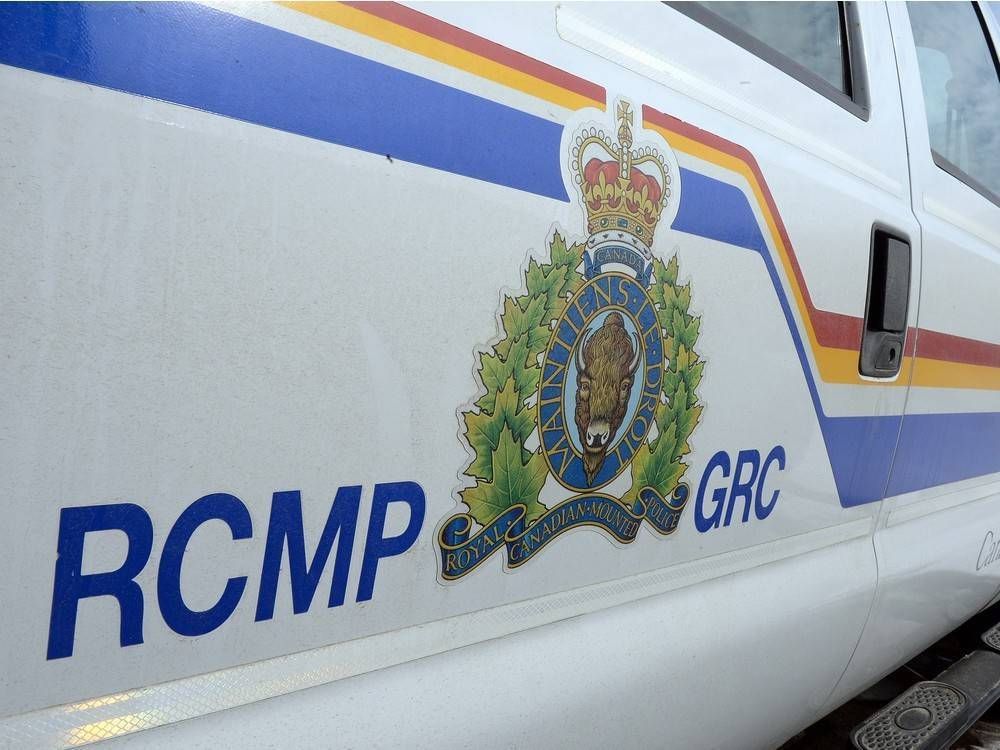 Yukon RCMP Traffic Services are investigating a collision between a police vehicle and a cyclist
Yukon RCMP Traffic Services are investigating a collision between a police vehicle and a cyclist
 Former teacher calls out education minister for inaction
Former teacher calls out education minister for inaction
 Yukon RCMP issue arrest warrant
Yukon RCMP issue arrest warrant
 Yukon Native Hockey Tournament kicks off its 45th anniversary with more teams than ever before
Yukon Native Hockey Tournament kicks off its 45th anniversary with more teams than ever before
 Whitehorse RCMP search for missing man
Whitehorse RCMP search for missing man
 B.C. man, two Watson Lake residents arrested on warrants in Whitehorse
B.C. man, two Watson Lake residents arrested on warrants in Whitehorse
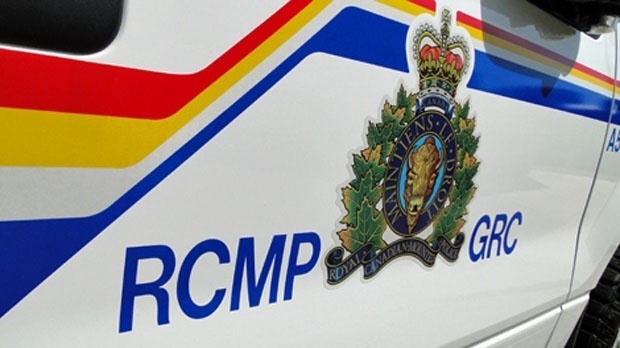 Ross River RCMP arrest two men in separate, unrelated investigations involving stolen rifles
Ross River RCMP arrest two men in separate, unrelated investigations involving stolen rifles
 Medical Staff Association president raise "significant concerns" surrounding acute care at Whitehorse General
Medical Staff Association president raise "significant concerns" surrounding acute care at Whitehorse General
 Whitehorse count indicates 83 per cent of homeless in 2024 were Indigenous
Whitehorse count indicates 83 per cent of homeless in 2024 were Indigenous
 Whitehorse RCMP seek public's help in locating missing 73-year-old man
Whitehorse RCMP seek public's help in locating missing 73-year-old man
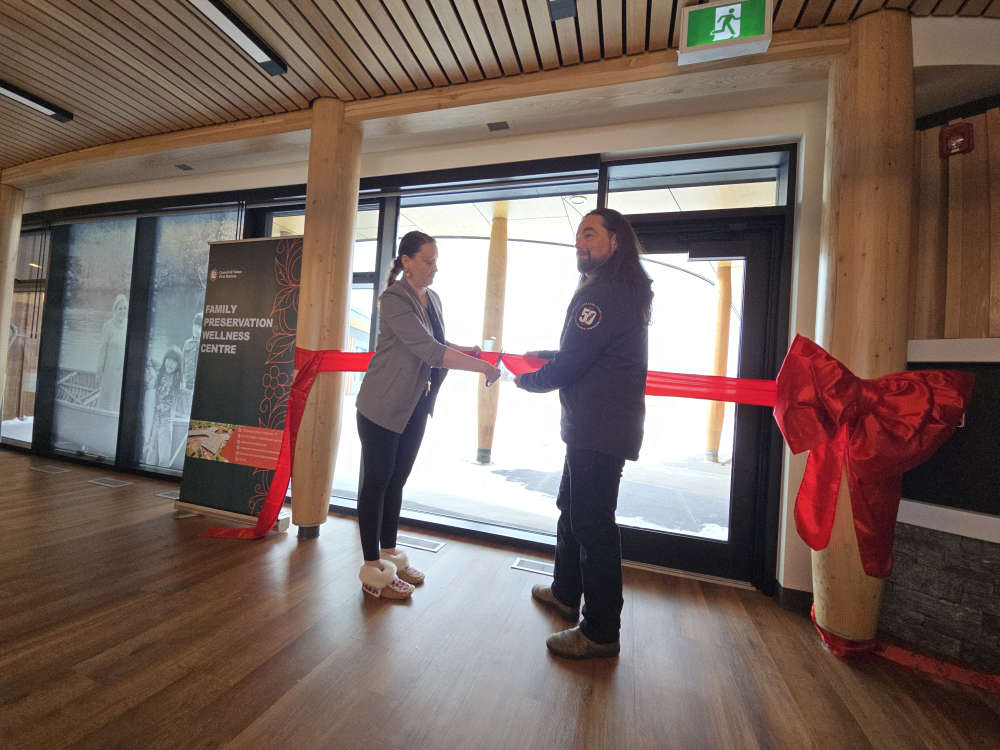 CYFN opens new wellness centre in Whistle Bend
CYFN opens new wellness centre in Whistle Bend
 'Old Crow a Philosophy' makes global premiere at YAC
'Old Crow a Philosophy' makes global premiere at YAC
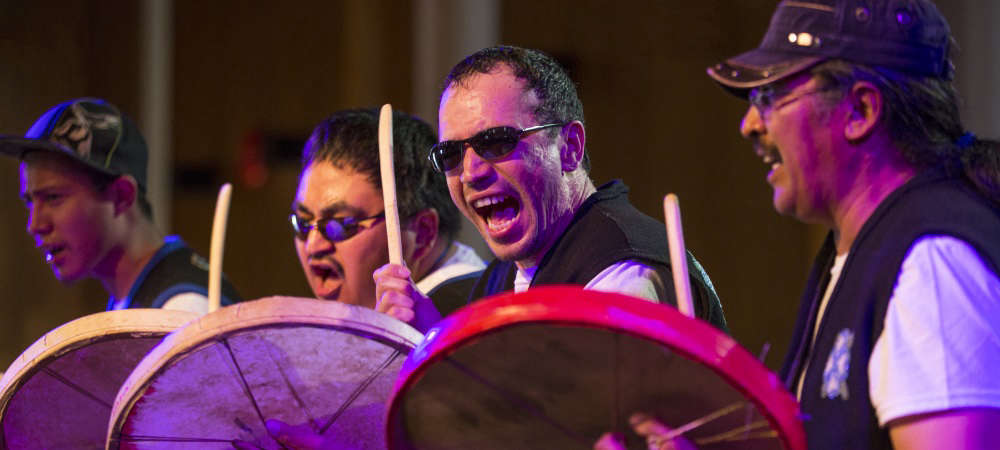 Yukon First Nations Culture and Tourism Association cancels events for 2025, including Adäka Festival
Yukon First Nations Culture and Tourism Association cancels events for 2025, including Adäka Festival
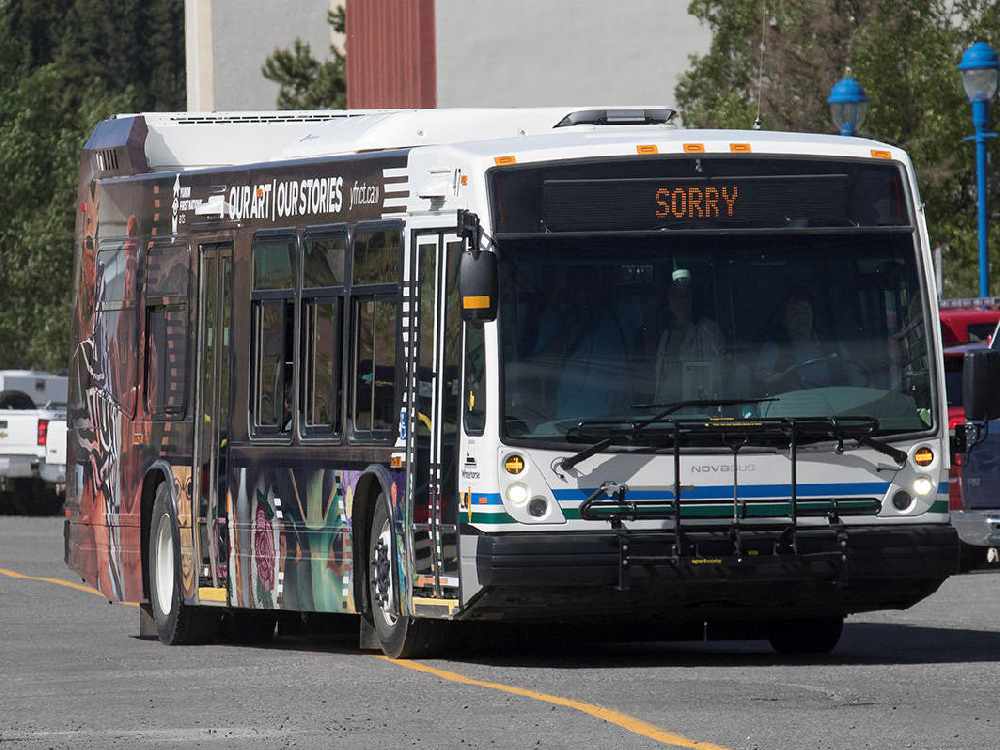 Whitehorse residents and Yukon NDP speak out against a proposed transit fare hike
Whitehorse residents and Yukon NDP speak out against a proposed transit fare hike
 Diane Strand wins Haines Junction mayoral byelection
Diane Strand wins Haines Junction mayoral byelection
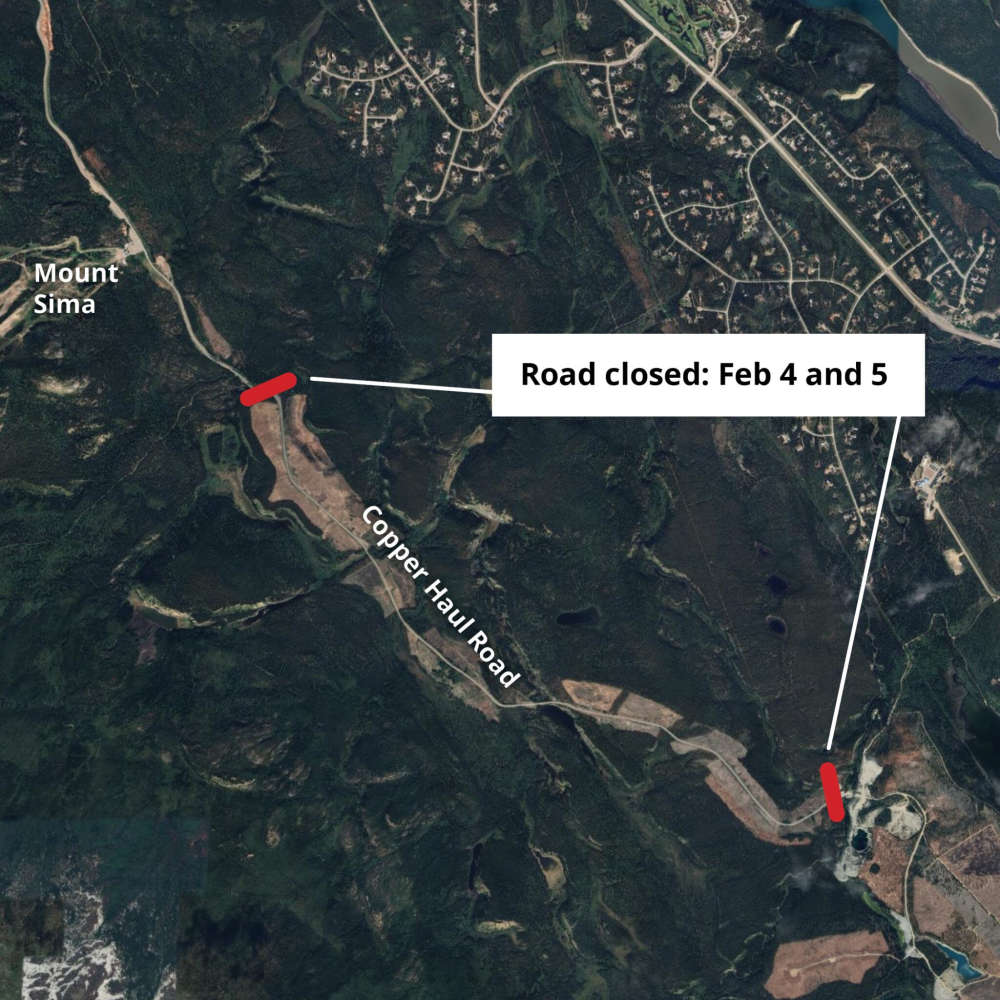 Copper Haul Road closure announced for bridge repairs
Copper Haul Road closure announced for bridge repairs